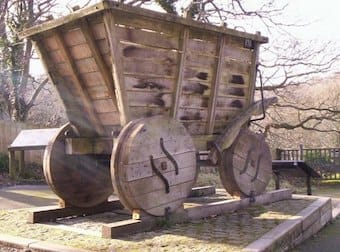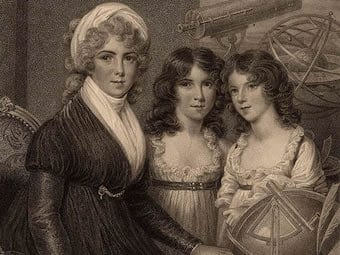121
In 1770, agriculturist Arthur Young published his diary of a six-month tour of the north of England, which included a visit to the coalfields and ironworks of the Tyne.
… In general their greatest work is for exportation, and are employed very considerably by the East India Company …
In 1770, Arthur Young published his diary of a six months’ tour of the north of England. It included a visit to Newcastle, where he found a busy town prospering on the twin industries of the coal mine and the ironworks. Here, he gives his London readers a taste of the noisy, dirty but profitable business by the Tyne, and notes how the city’s fortunes rose and fell with the fortunes of war.
Posted June 13 2020
122
Canada’s Hudson Bay has been a cause of war and an engine of prosperity, but long before that it was the scene of cold treachery.
… 1611], who had already won renown in the search for a North-East Passage to Asia and, in the employ of the Dutch East India Company …
In the autumn of 1534, Frenchman Jacques Cartier reached what later became Quebec and Montreal, the first European to do so. Then in 1576 the English began to take an interest. Martin Frobisher went further north looking for a path to Asia, followed by John Davis; but both men missed a region tucked into Canada’s northern heart, which afterwards emerged as the foundation of her prosperity.
Posted September 10 2022
124
A long-lived annual of riddles, rhymes and really hard maths aimed specifically at Georgian Britain’s hidden public of clever women.
The 18th century was deluged with popular magazines, almanacks and annuals filled with tidbits, extracts and riddling rhymes, but few could rival John Tipper’s “Ladies’ Diary” for longevity or circulation – or for sheer hard maths.
Posted April 24 2017
125
In 1553, Richard Chancellor set out on a perilous voyage to Russia in order to bypass the Hanseatic League’s customs union.
… In the days of King Edward Vi, the merchants of northern Europe’s Hanseatic League jealousy guarded trade in the Baltic Sea, and the Portuguese, whom the English navigators much admired, headed off rival ships before they could round the Cape of Good Hope, where India was waiting for them …
Richard Chancellor (?1521-1556) was the first Englishman to establish diplomatic relations with Russia, following an arduous, four-month voyage through uncharted Arctic waters. Tsar Ivan IV was delighted with his new trade partners, despite complaining that English merchants make money for themselves, and not for their princes.
Posted October 23 2016
126
Under a moonlit sky in October 1942, Allied and Axis forces met in battle on the sands of the Egyptian desert.
The Second Battle of El Alamein in 1942 was a turning point in the Second World War. A German and Italian army was overwhelmed by British, Indian and Commonwealth forces, supported by the US from the air. Also fighting for the Allies was a British-trained brigade of Free Greeks, and (so it was said) an ancient Roman cavalryman.
Posted November 6 2018




